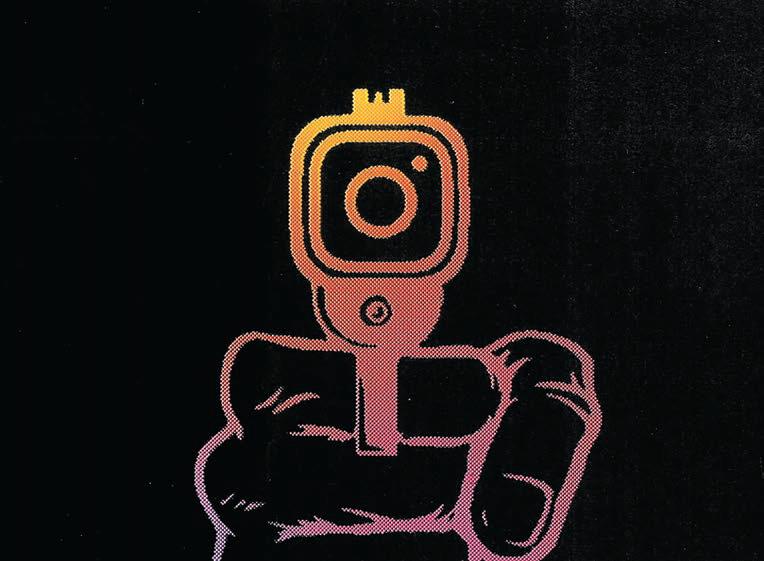
One fall evening in 2020, Jarell Jackson and Shahjahan McCaskill were chatting in Jackson's Hyundai Sonata, still on a postvacation high, when 24 bullets ripped through the car. The two men, both 26, had been close friends since preschool. They'd just returned to West Philadelphia after a few days hang gliding, zip-lining, and hiking in Puerto Rico. Jackson was parked outside his mom's house when a black SUV pulled up and the people inside started shooting. Both he and McCaskill were pronounced dead at the hospital.
In the aftermath, McCaskill's mother, Najila Zainab Ali McCaskill, couldn't fathom why anyone would want to kill her son and his friend. Both had beaten the odds for young Black men in their neighborhood and graduated from college. Jackson had been a mental-health technician in an adolescent psych ward while her son had run a small cleaning business and tended bar. She wondered if they'd been targeted by a disgruntled former employee of the cleaning business. But then the police explained: Her son and his friend had been killed because of a clash on social media among some teenagers they'd never even met.
For months, a battle had been raging on Instagram between crews based on either side of Market Street. Theirs was a long-running rivalry, but a barrage of online taunts and threats had raised tensions in the neighborhood. Police had assigned an officer to monitor the social-media activity of various crews in the city, and the department suspected that the Northsiders in the SUV had mistaken one of the two friends for a rival Southsider and opened fire. An hour after the shooting, a Northsider posted a photo on Instagram with a caption that appeared to mock the victims and encourage the rival crew to collect their bodies: "AHH HAAAA Pussy Pick Em Up!!"
This story is from the September 2023 edition of The Atlantic.
Start your 7-day Magzter GOLD free trial to access thousands of curated premium stories, and 8,500+ magazines and newspapers.
Already a subscriber ? Sign In
This story is from the September 2023 edition of The Atlantic.
Start your 7-day Magzter GOLD free trial to access thousands of curated premium stories, and 8,500+ magazines and newspapers.
Already a subscriber? Sign In

After the Miracle
Cystic fibrosis once guaranteed an early deathbut a medical breakthrough has given many patients a chance to live decades longer than expected. What do they do now?

WILLIAM WHITWORTH 1937-2024
WILLIAM WHITWORTH, the editor of The Atlantic from 1980 to 1999, had a soft voice and an Arkansas accent that decades of living in New York and New England never much eroded.

Christine Blasey Ford Testifies Again
Her new memoir doubles as a modern-day horror story.

Is Theo Von the Next Joe Rogan?
Or is he something else entirely?

Orwell's Escape
Why the author repaired to the remote Isle of Jura to write his masterpiece, 1984

What's So Bad About Asking Where Humans Came From?
Human origin stories have often been used for nefarious purposes. That doesn't mean they are worthless.

Miranda's Last Gift
When our daughter died suddenly, she left us with grief, memories and Ringo.

BEFORE FACEBOOK, THERE WAS Black Planet
An alternative history of the social web

CLASH OF THE PATRIARCHS
A hard-line Russian bishop backed by the political might of the Kremlin could split the Orthodox Church in two.

THE MAN WHO DIED FOR THE LIBERAL ARTS
Chugging through Pacific waters in February 1942, the USS Crescent City was ferrying construction equipment and Navy personnel to Pearl Harbor, dispatched there to assist in repairing the severely damaged naval base after the Japanese attack.